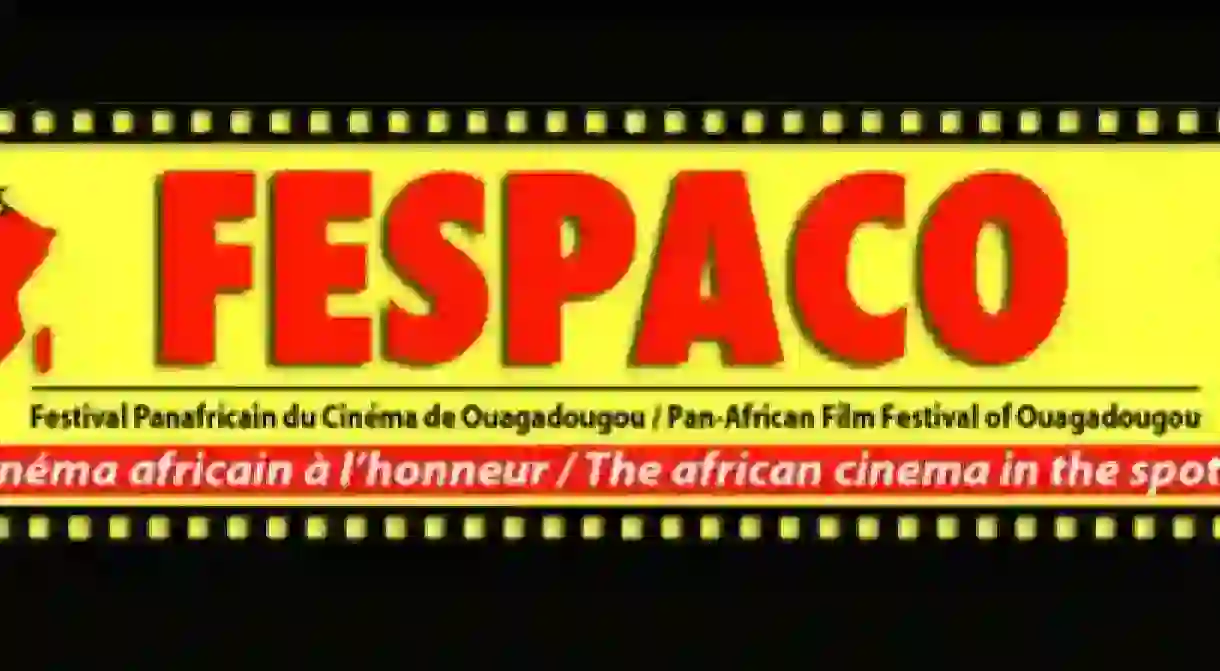FESPACO: The Longest Running Celebration African Cinema

Since 1969, Burkina Faso has celebrated African film and culture by hosting one of the largest and most established film festivals on the continent. Every year thousands of filmmakers, industry insiders and festival-goers flock to the country’s capital Ouagadougou to watch the feature length films and shorts being screened, and to be involved in the atmosphere of the largest Film Festival on the continent.
In Hollywood, an Oscar, that legendary golden figure officially titled an Academy Award of Merit, is the peak of all accolades for anyone working in the industry. Yet across Africa, it is a different golden statuette to which all filmmakers aspire; the Golden Stallion, or L’Étalon de Yennega, is the highest award granted to a film at FESPACO, Africa’s largest film festival, that takes place biennially in Ouagadougou, Burkina Faso.
Since its humble inception in 1969, the biennial Festival panafricain du cinéma et de la television de Ouagadougou (FESPACO) has worked to show a fuller, richer picture of Africa by promoting African film and culture. Celebrating its 23rd edition earlier this year, the festival has grown exponentially in scale; in 1969 only 23 films from five African countries were screened; this year, 101 titles were competing for prizes in categories ranging from Best Short to Best Film From the Diaspora, and of course the legendary Golden Stallion. Producers, press and distributors from across the globe now come to see the festival’s offerings, providing many filmmakers with an unparalleled platform to showcase their work.
Braving temperatures of around 40 °C; tens of thousands of locals and visitors mingle together, meandering in and out of outdoor open-air cinemas from early morning to late evening. For one week, cinema becomes a part of daily life, providing a time to celebrate the cultural richness made up of Africa’s many peoples and stories.
In 1972, FESPACO was recognised by the Burkina Faso government as an official institution in order to cement its importance in the support and promotion of African film. The governmental assistance has no doubt contributed to sustaining the festival, but this is not to say that the event is without its problems. FESPACO is notorious for its logistical issues and organisational errors that perpetually hamper its smooth running. Accounts are rife of directors who never receive tickets; of jury chairmen stranded at airports; poor projections or sound, and a general lack of resources. Indeed, some fear that these problems, which can dominate conversation as much as the films being screened, threaten to marr the festival’s future status. Some directors now choose to show at other events such as the Berlinale in Germany or Cannes, which are increasingly opening themselves up to offerings from Africa. Within the continent, too, there is some talk that FESPACO may soon be eclipsed by DIFF, the Durban International Film Festival. Still, at present the festival maintains its leading status, and FESPACO continues to showcase work from both countries with established industries – Nigeria, Senegal, Egypt, for example – to those where film remains on the margins of cultural output.
The latest winner of the prestigious L’Étalon was the Senegalese director Alain Gomis for his film ‘Tey’ (meaning Today in Wolof, released in France under the title Aujourd’hui), which follows the last 24 hours of a man’s life. His success marks a landmark in the festival’s history, as the first Senegalese director to win the award – surprising given the country’s history of cinema. Notably, too, five Gabonese films won awards at the event this year; proof of FESPACO’s continued support and recognition of emerging industries. It may be halted by power cuts, there might be complaints about a lack of professionalism, yet FESPACO occupies a unique status, providing many directors with exposure to international audiences they might not otherwise be granted. As one of the founding filmmakers says, ‘In the 1960’s we decided to show the outside world that Africa has its own civilization, its own culture. We have a lot to say, but that begins by controlling our own images.’













